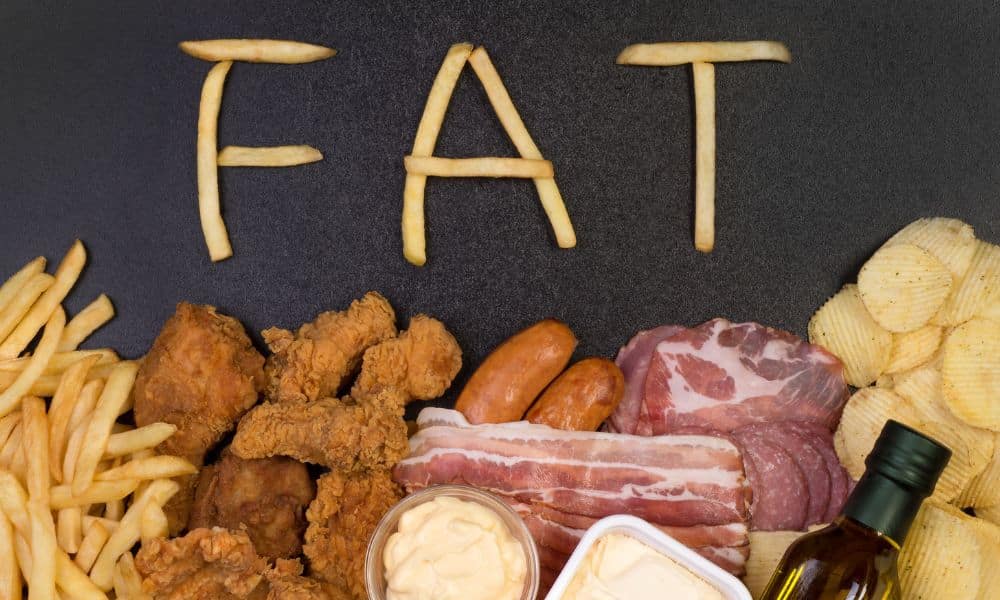How does macronutrient fat affect your body? Fat is neither good nor bad. It all depends on how you use this macronutrient. Your body uses fat as stored energy to help build and balance vital hormones. You need to understand that all fat is not bad for your body. Unnecessary fat affects your body’s appearance. Scientifically speaking, fat, also known as lipids, are macromolecules of triglycerides. Different fat affects your body. Here are the primary fat and how they affect your body:
Saturated fat –
Mainly, animal contains saturated fat. Saturated fat is of single bonds only. These are solid at room temperature. Saturated oils are present in red meat, dairy products, and butter. These form a high percentage of your cell membrane and protect your muscles; however, consuming many saturated fats affects your body badly. They may increase bad cholesterol and increase the risk of heart diseases.
Unsaturated fat –
Unsaturated fats are present in plants, olives, peanuts, seeds, and vegetable oils like coconut oil, olive oil, etc. They are liquid at room temperature. People usually consider them good fat as they have tons of health effects on your body. They help to nourish your brain and heart.
Cis and Trans fat –
Unsaturated fat is further divided into cis and trans fat according to the orientation of hydrocarbons. Trans fat is naturally present in small quantities in dairy and red meat. However, when industries convert unsaturated oils to solid oil, artificial trans fat is produced. Food factories primarily introduced trans-fat to replace saturated fat and decrease costs, but recent studies show that it is worse for your health. Trans fat in all your favorite snacks and junk foods increases bad cholesterol, makes you vulnerable to heart diseases, and causes obesity.
Omegas –
Omega fat acids like omega 3,6,9 are essential fat for your overall well-being. They are also the derivation of unsaturated fat. Also, omegas are present in natural oils, fish, seeds, and nuts. In addition, omegas improve the functionality of the brain, heart, and eyes and prevent many diseases. So, this fat affects your body in the best way.
How does your body digest fat?
Fat digestion begins in your mouth; however, the complete digestive process occurs in the small intestine. First, the acids in your stomach activate the enzymes that breakdowns the oils. The small intestine then dissolves fat with the help of pancreatic enzymes. Fat is denser than carbohydrates and proteins at nine calories per gram compared to four calories per gram. It takes a while for your body to break down fat, but they are less problematic to your digestive system than protein.
Balance Hormones –
Hormonal imbalance is common nowadays, and people face it for menopause, PCOS, low estrogen, or low testosterone in men. In addition, research has shown that saturated fat aid your body in producing hormones.
Secondary Energy –
Your body primarily uses carbs for energy to work. When your body runs out of sugars, it uses energy storage, i.e., your fat. Fat is first broken down into glucose and enters your bloodstream. Intense activities or workouts can begin the conversion of fat into energy.
The Last Word on the Role Fat Plays in Building Muscle and Storing Stomach Fat
When you eat a high quantity of fats, it usually builds within your belly. Besides, overeating can cause the development of extra fat around your stomach. The fat within your belly skin is less harmful; however, the fat within the abdominal cavity underneath your stomach muscle is dangerous and can cause many severe disorders in your body. The trick is to eat healthy fat in moderation to build muscles through your hormones and to keep you full longer to burn stomach fat.




